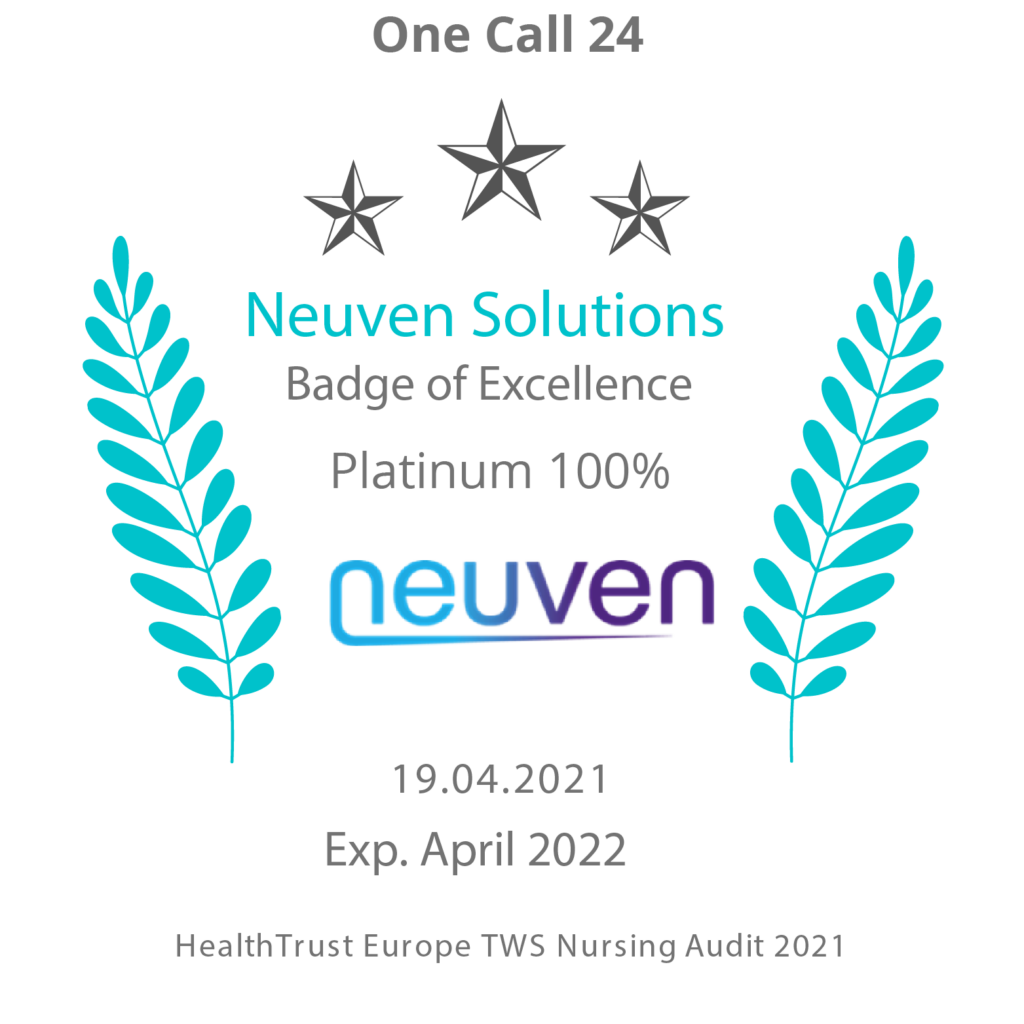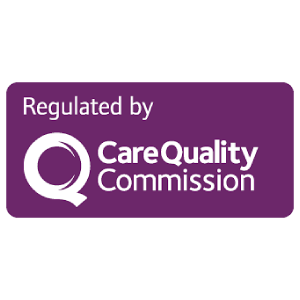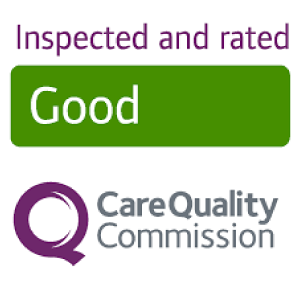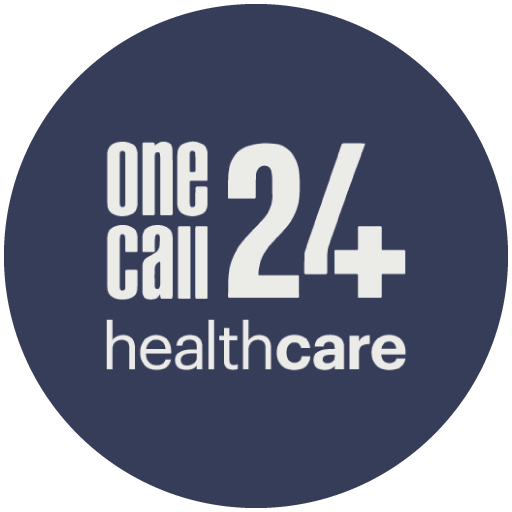
ABI vs TBI: What Is the Difference?
When someone experiences a brain injury, the effects can be life-changing, not only for the individual but also for their families and support networks. At OneCall24 Healthcare, many of the people we support are living with complex neurological needs. In doing so, we often come across two terms: Acquired Brain Injury (ABI) and Traumatic Brain Injury (TBI). While these terms are sometimes used interchangeably, they actually refer to different types of injuries, and understanding this distinction is key to delivering the right care.
Let’s explore what these terms mean, how they differ, and why this understanding is important for healthcare professionals, families, and commissioners alike.
What is an Acquired Brain Injury (ABI)?
An acquired brain injury is any damage to the brain that happens after birth. This means it excludes conditions people are born with or those that are caused by progressive illnesses such as Alzheimer’s or Parkinson’s disease. The term ABI covers both traumatic injuries (like a head injury from an accident) and non-traumatic injuries (such as a stroke or brain infection). This is a broad term, used widely across the NHS, social care, and specialist education services. ABI can result in changes to a person’s thoughts, feelings, behaviour, or movement. Sometimes these changes are temporary, but often they are permanent and require ongoing care and support.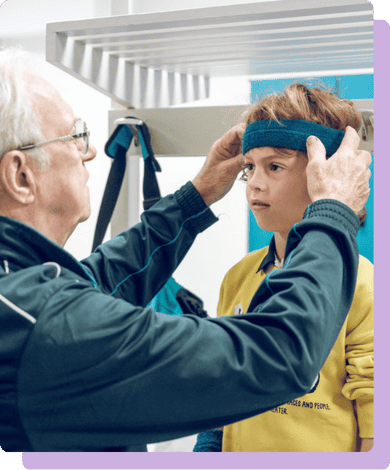
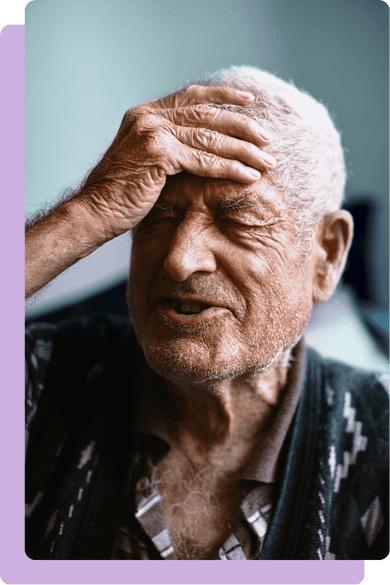
What is Traumatic Brain Injury (TBI)?
A traumatic brain injury is a specific type of acquired brain injury. As the name suggests, it occurs when an external physical force causes damage to the brain. This might be a direct blow to the head or something that causes the brain to shake violently within the skull, such as a fall or a car accident. In the UK, falls are the most common cause of TBI, particularly in older adults. Road traffic accidents, sports injuries, and physical assaults also contribute significantly. According to Headway, over 1 million people attend A&E each year with a head injury, and around 350,000 live with long-term disability due to brain injury. Many of these are due to traumatic causes. The effects of TBI vary greatly. A mild injury may cause only temporary symptoms such as confusion, headaches, or dizziness. More severe trauma can lead to long-lasting cognitive and physical impairments, coma, or even death.What Is a Non-Traumatic Brain Injury?
A non-traumatic brain injury is also considered an acquired brain injury, but instead of being caused by a blow to the head, it results from internal factors, often medical or biological in nature. These types of injuries can be just as devastating as TBIs and, in some cases, more difficult to detect early. For example, someone who suffers oxygen deprivation due to a cardiac arrest might not display immediate neurological symptoms, but the long-term effects can be significant.Common causes of non-traumatic brain injury include:
⦿ Stroke – one of the leading causes of ABI in the UK, often resulting in paralysis, speech difficulties, or memory loss.
⦿ Infections such as meningitis or encephalitis.
⦿ Brain tumours, which may affect specific regions of the brain depending on their location.
⦿ Oxygen deprivation, known as hypoxia or anoxia, during events like near-drowning or cardiac arrest.
⦿ Toxic exposure, such as carbon monoxide poisoning or substance overdose.
ABI vs TBI: What’s the Difference?
The simplest way to think about it is that all TBIs are ABIs, but not all ABIs are traumatic. The primary difference lies in the nature of the injury, whether it results from an external force or an internal cause.
Where TBI typically results from a sudden, often violent event, non-traumatic ABI may develop more gradually, such as through the growth of a tumour or after repeated small strokes. However, both types can result in similar functional challenges, including:
⦿ Cognitive impairments (e.g., memory, attention, problem-solving)
⦿ Emotional or behavioural changes (e.g., anxiety, impulsivity, mood swings)
⦿ Physical issues (e.g., balance problems, fatigue, difficulty with movement)
⦿ Communication difficulties (e.g., slurred speech or language processing issues)
What matters most in the care environment is not just knowing how the injury occurred, but understanding the specific needs, risks, and strengths of the individual living with it.

Why It Matters in Care?
For healthcare professionals and carers, recognising the cause of a brain injury helps shape the most effective recovery pathway. For instance, a person recovering from a TBI following a fall may need behavioural therapy alongside physical rehabilitation. In contrast, someone who’s experienced a stroke (non-traumatic ABI) may benefit from speech therapy, occupational therapy, and structured daily routines. At OneCall24 Healthcare, our clinical and support teams are trained to understand these differences. We ensure our staff are not only able to manage the physical implications of a brain injury but also support the person’s emotional wellbeing and help them regain independence wherever possible.How OneCall24 Healthcare Supports Individuals with ABI
Brain injury doesn’t just affect the individual; it impacts families, routines, and every aspect of daily life. That’s why we place a strong emphasis on person-centred care.
Our services include:
⦿ Providing trained support workers and healthcare assistants for both residential and home-based care
⦿ Supporting NHS and community rehabilitation pathways following hospital discharge
⦿ Delivering crisis care staffing for urgent or short-notice placements
⦿ Working with clients with complex neurological and behavioural needs, including those with ABI-related disabilities
We support local authorities, case managers, care providers, and families across the UK, ensuring continuity, compassion, and consistency in every placement.
Conclusion
Acquired brain injuries can take many forms. Whether traumatic or non-traumatic, the impact is deeply personal, and so is the care needed to manage it. Recognising the distinction between ABI and TBI isn’t just clinical terminology; it’s essential to ensuring the right interventions, therapies, and support systems are put in place. At OneCall24 Healthcare, we’re proud to work alongside families, professionals, and commissioners to deliver flexible, tailored care that truly makes a difference.Share:
More Posts
Send Us A Message
Newsletter
Stay connected
Our social media pages regularly provide useful company and industry updates. Connect with us to stay informed!
- 03333 22 11 33
- info@onecall24healthcare.co.uk
- 239 Old Marylebone Road, London, NW1 5QT
